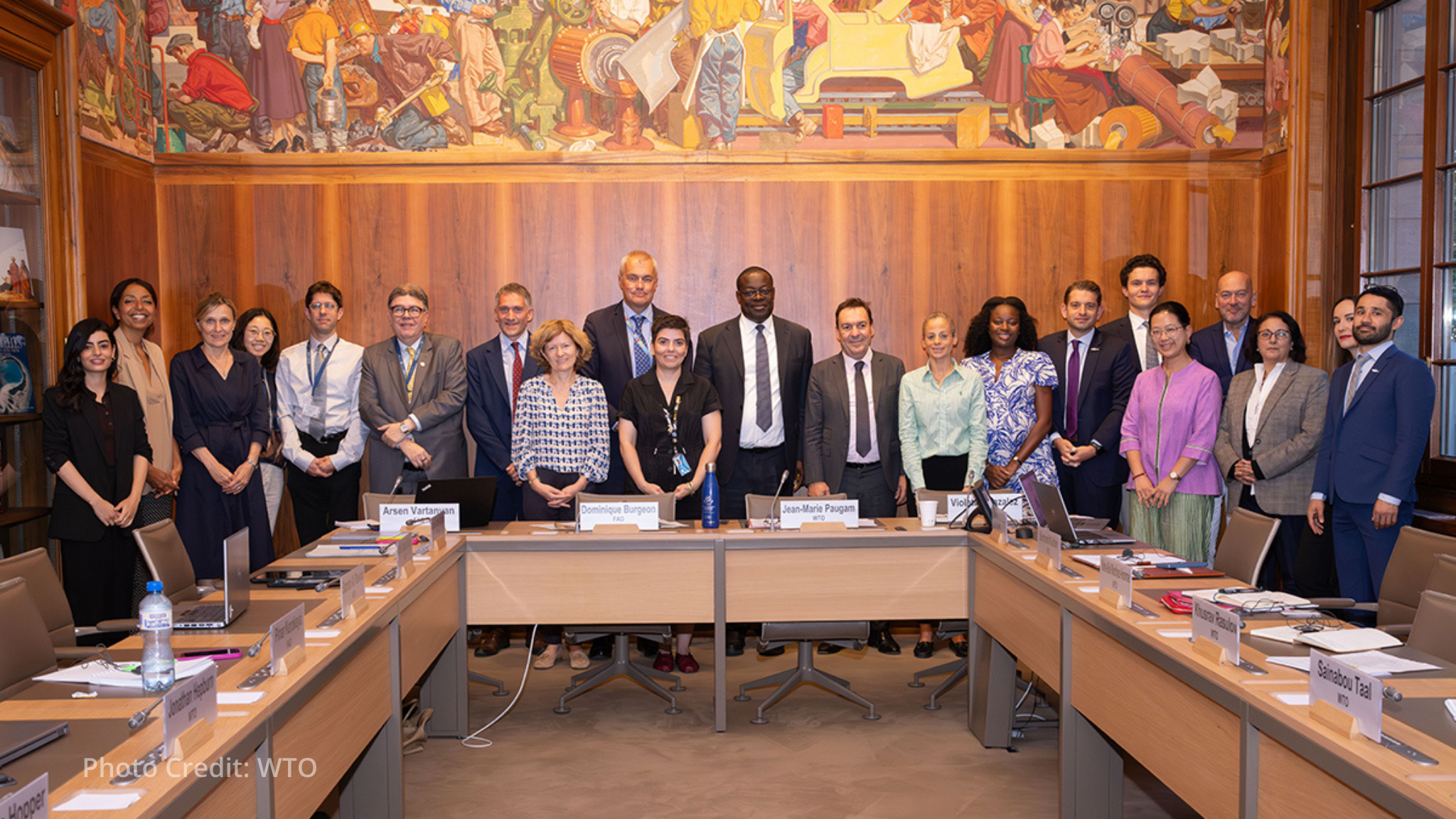The World Trade Organization (WTO) and Food and Agriculture Organization (FAO) are working together to tackle global food security and trade issues, with their partnership delivering results on everything from fishing subsidies to cotton pest control, according to a WTO announcement. The two UN agencies have been coordinating since the WTO’s 2022 ministerial conference in Geneva, where members agreed to focus on emergency food responses and harmful fishing subsidies.
FAO’s expertise and data helped shape the fisheries subsidies negotiations, while both organizations now help countries implement the new agreement through a WTO funding mechanism. The partnership has also tackled problems like crop-eating pests in West Africa and organized events like World Cotton Day in Benin.
Food insecurity remains high worldwide as climate disasters, conflicts, and supply chain problems disrupt global markets. The WTO and FAO see open agricultural trade as crucial for getting food to people who need it most. Their collaboration draws on each agency’s strengths—WTO’s trade expertise and FAO’s agricultural knowledge—to address problems that cross both areas.
“I’m truly delighted with the WTO–FAO partnership,” said WTO Deputy Director-General Jean-Marie Paugam. “Our complementarity has already proven its value in the fisheries negotiations, and there is a huge potential for it to further support our work in agriculture and cotton.” FAO Chief Economist Máximo Torero added that the partnership comes “at a time of exceptional global challenges” when “open agrifood trade and well-functioning commodity markets is not a luxury, it is a lifeline.” The agencies held a trade and nutrition symposium in December 2024 that explored how trade policies affect food systems and nutrition outcomes.
Both organizations plan to keep working together on agricultural negotiations and implementing trade agreements, including rules on food safety standards and technical trade barriers where FAO regularly participates as an observer.
The cooperation shows how international agencies are trying to coordinate better instead of working in isolation on overlapping global problems.

